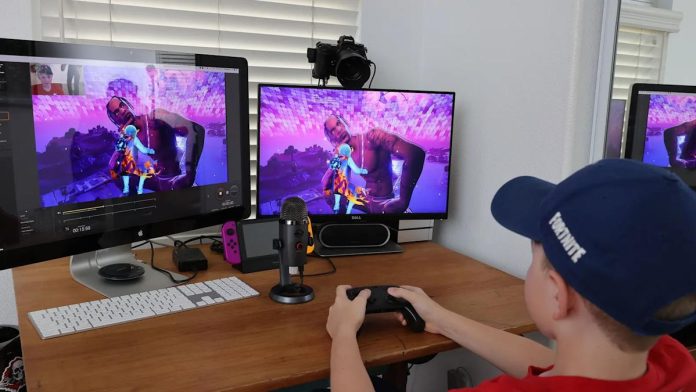Patrick Cooley
3 min read
In This Article:
This story was originally published on Payments Dive. To receive daily news and insights, subscribe to our free daily Payments Dive newsletter.
-
Buy now, pay later company Affirm last week disclosed a partnership with Sherman Oaks, California-based financial services company Xsolla, its first link to a firm that offers in-game payment services for video game companies.
-
Affirm is working with Xsolla to let game developers offer players a BNPL option when they buy items they can use in video games, a Thursday news release said. The service officially went live earlier in June, an Affirm spokesperson said in an email.
-
This new business tie “marks a meaningful step in bringing Affirm more deeply into the gaming space,” the news release said.
San Francisco-based Affirm already lets consumers buy video games and gaming hardware through retailers like Amazon and Target. But the partnership with Xsolla marks its initial extension to servicing a company that lets developers directly integrate payment services into the gaming experience.
Payments of at least $50 to the gaming companies that Xsolla partners with can be split into four bi-weekly installments, according to the news release. Longer-term loans are also available.
BNPL players like Zip, Block-owned Afterpay and Klarna extend their services to customers of the video game sellers such as Game Stop, but it’s not clear if any of them offer their payment products for in-game payments. Spokespeople for those companies did not immediately respond to messages seeking comment. A spokesperson for Affirm declined to comment on BNPL competitors in the in-game payments space.
Information on the average size of an in-game payment is difficult to find, but the total amount of money consumers have spent on video games has gradually risen in recent years. U.S. consumers spent $59.3 billion on video game-related purchases in 2024,up from $57.2 billion in 2023 and $56.6 billion in 2022, according to the Electronic Software Association.
In-game payments are a popular and controversial facet of the gaming experience that has emerged in recent years. While young users may be eager to make payments while gaming, their parents may be less enthused.
Players of popular games like Fortnite and Mortal Kombat can purchase accessories such as character outfits, buy items to give them advantage over other players, or even access to more playable characters.
Video game companies have been criticized for making it too easy for gamers — children in particular — to overspend while playing their favorite games.
